
- Posted
- Categories
-
- Policy Insights
Walking the Walk on Code sharing
Bennett research integrity lead, Nick DeVito, on the encouraging words about code sharing that Kamran Abbasi delivered at our recent OpenSAFELY Community Symposium.
Latest news and views from around the Bennett Institute

Bennett research integrity lead, Nick DeVito, on the encouraging words about code sharing that Kamran Abbasi delivered at our recent OpenSAFELY Community Symposium.

We’re launching a new project to explore migrants’ health using OpenSAFELY and we’d love to hear from you.
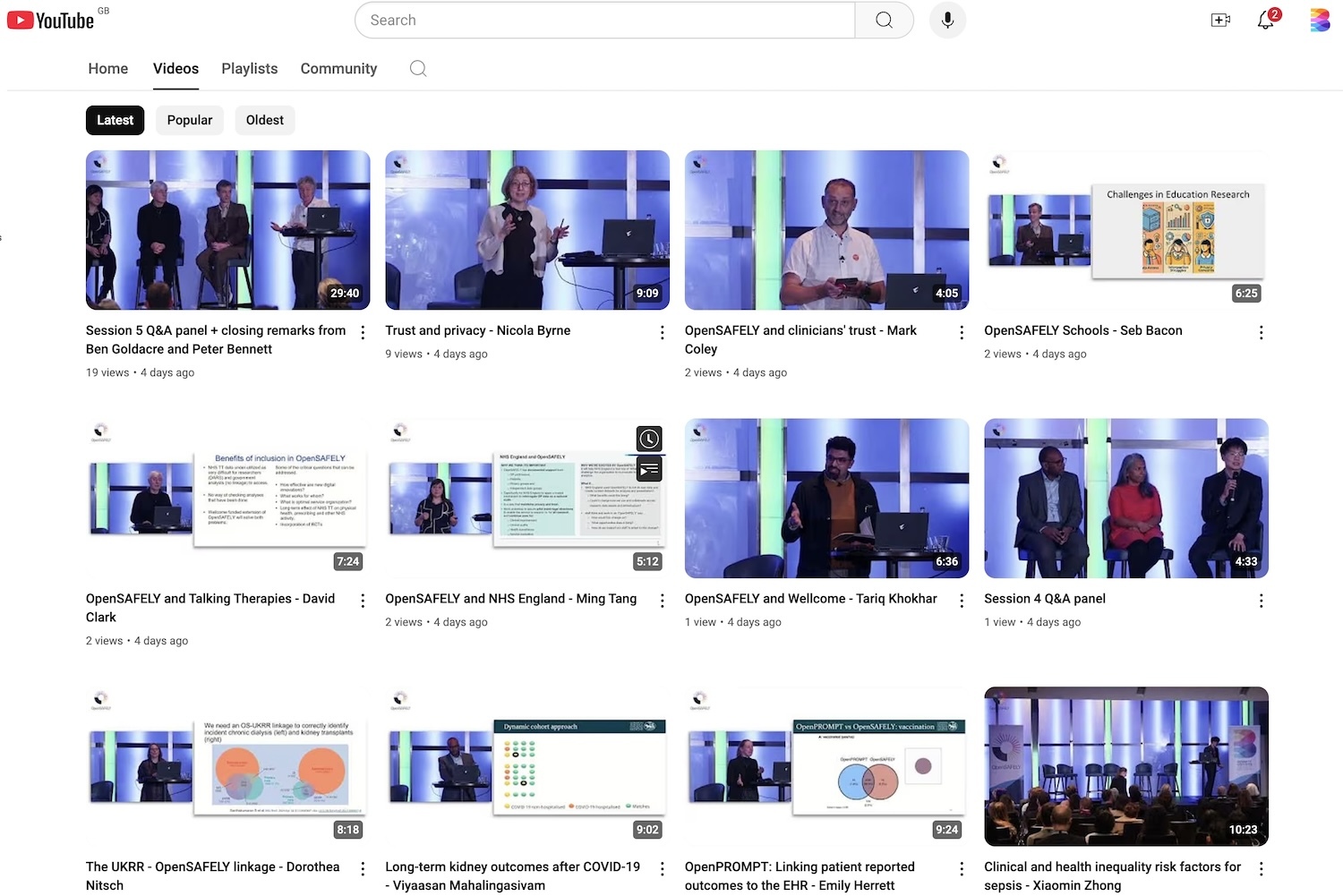
A full list of links to all the videos from day one of our 2024 OpenSAFELY Community Symposium

Last week we hosted the OpenSAFELY Community Symposium in London - and it was a fantastic success.
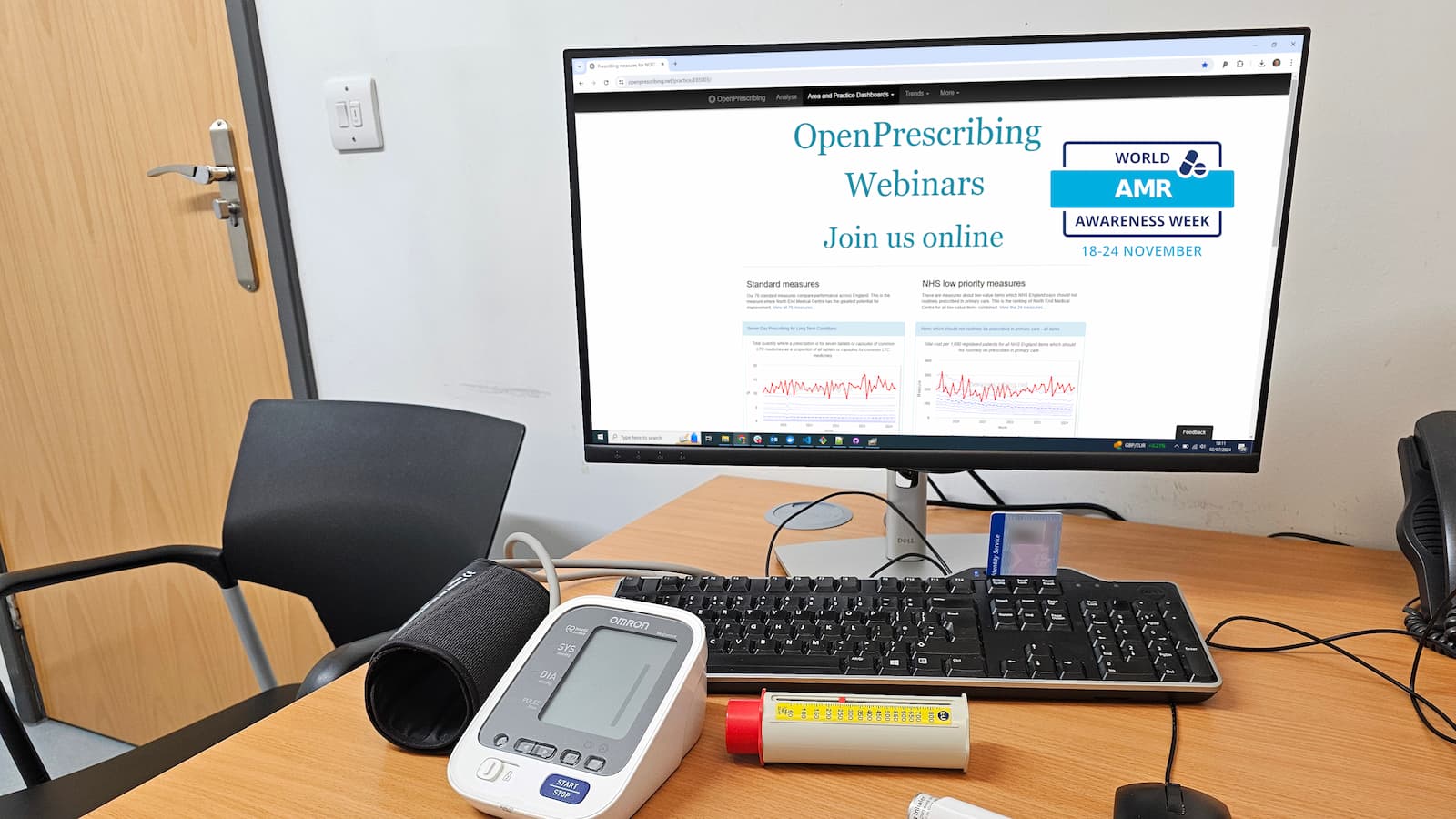
If you didn’t manage to attend the OpenPrescribing antimicrobial stewardship webinar, don’t worry! You can watch it back here.

This newsletter contains all the latest updates from OpenPrescribing.

We’re starting a new project to prepare maternity data for use in OpenSAFELY, and we’re keen to find collaborators to work with.

How a team used OpenSAFELY to investigate how the COVID-19 pandemic impacted patterns of weight gain
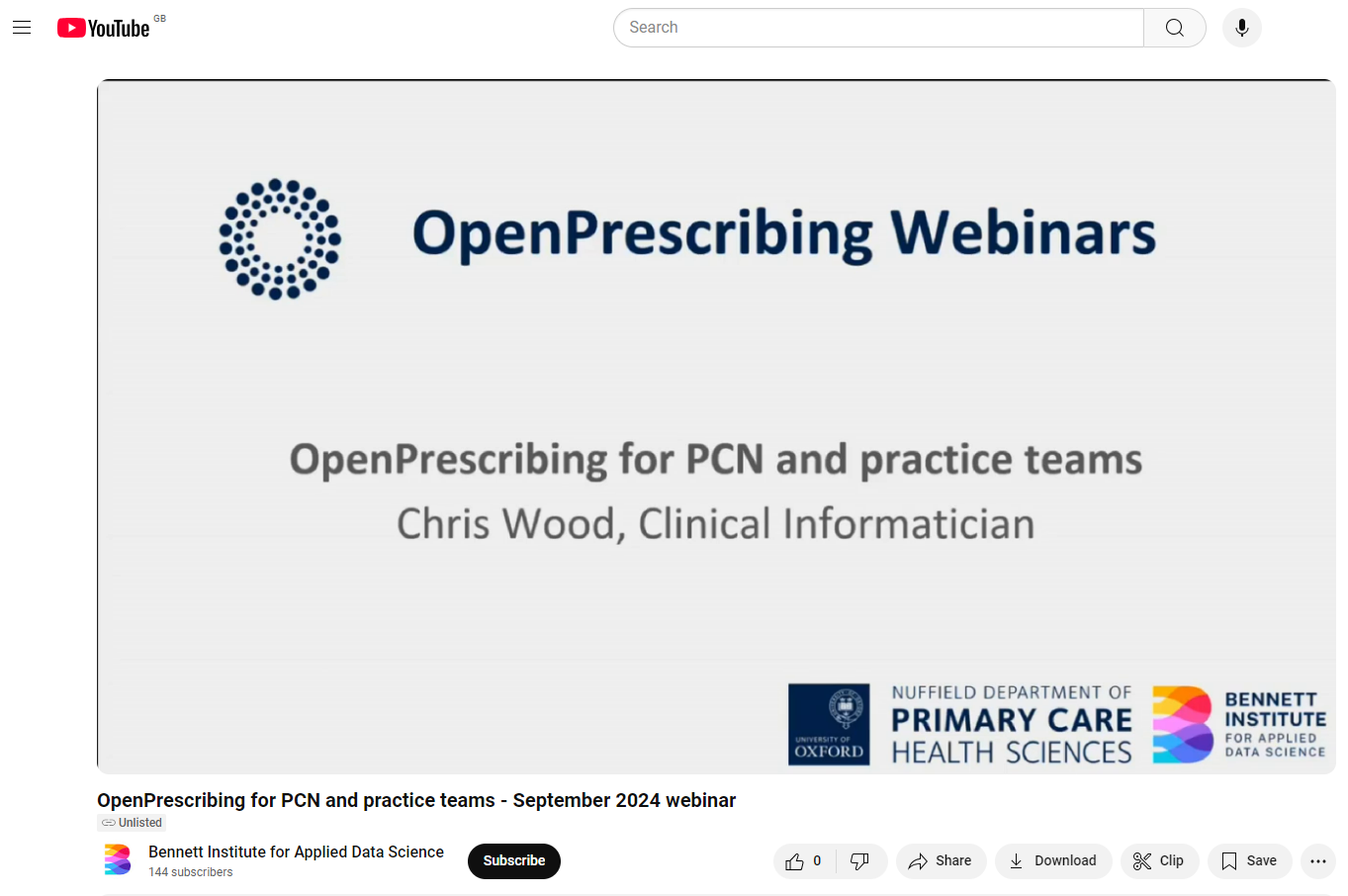
Catch up with our OpenPrescribing webinars

Could you help us to improve the research that we are doing into COVID-19 vaccination?

We are hosting a webinar special in support of World Antimicrobial Resistance Awareness Week 2024
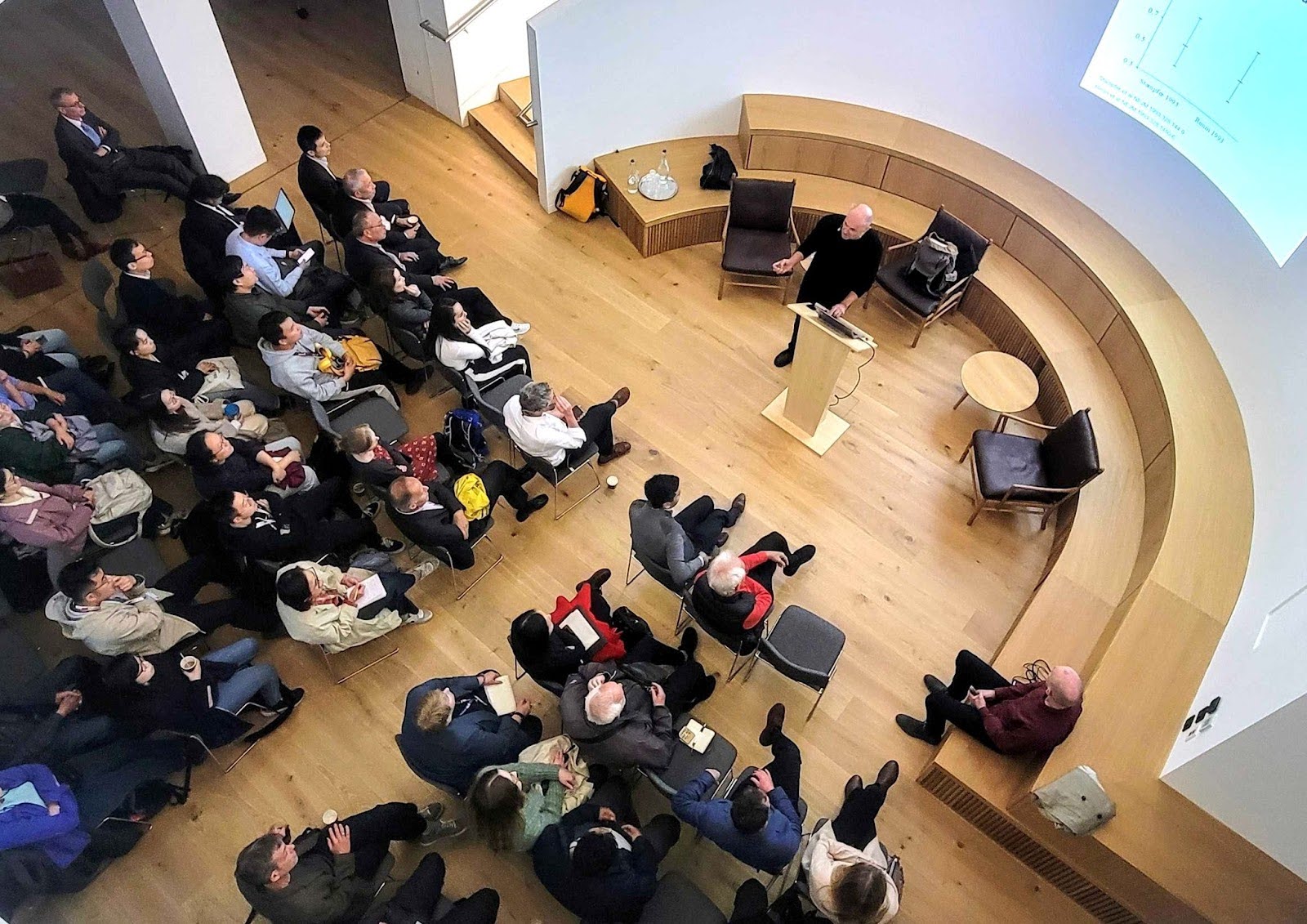
Thanks to George Davey Smith for his inspiring visit to the Bennett Institute.
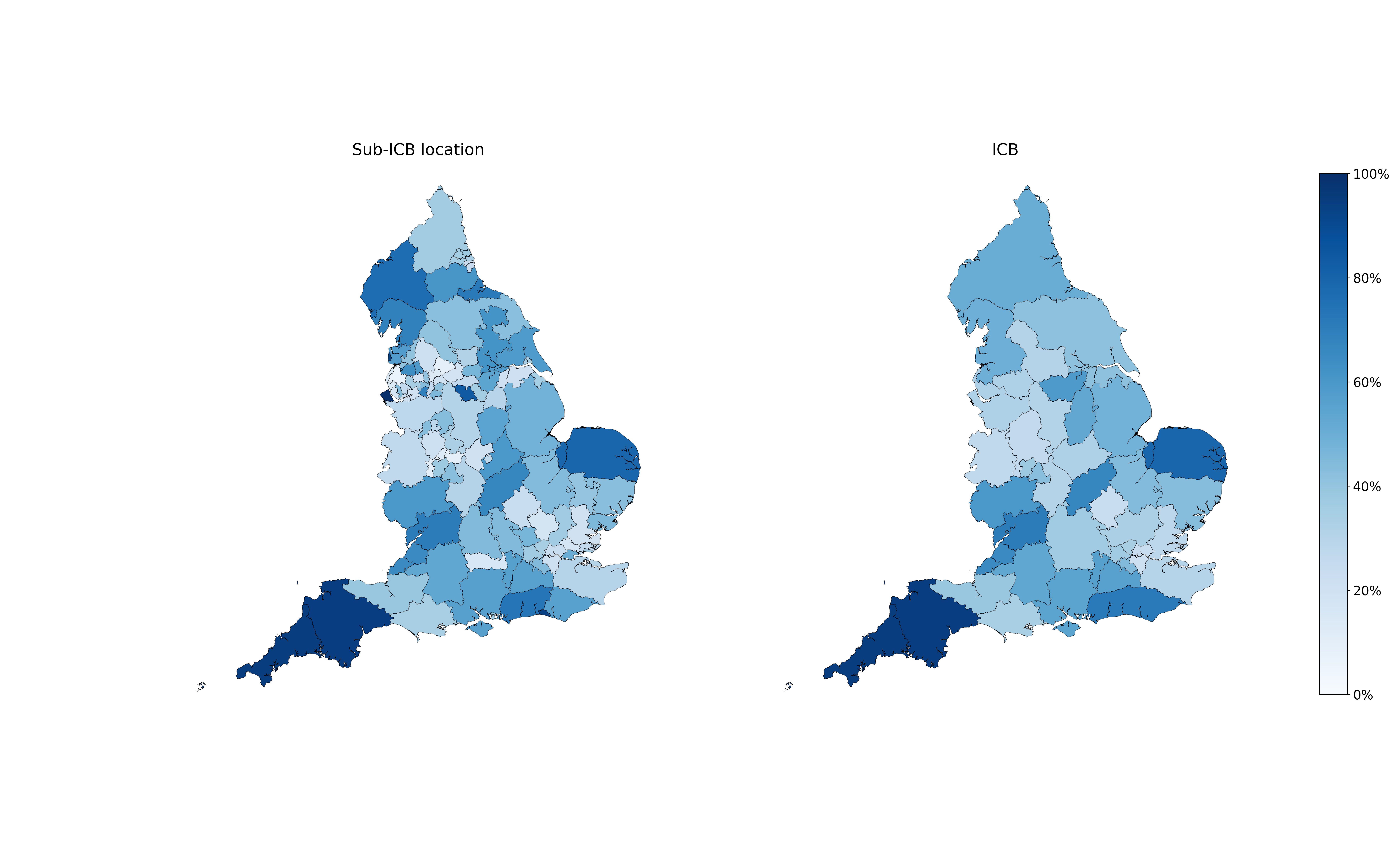
We’ve analysed what we know about our OpenPrescribing user base. Here’s some information obout how many of you there are, what you all look at, and which organisations have signed up to our alerts.

We’ve launched a new project to understand who received which COVID-19 booster shots, and when, and the impacts of this on health outcomes.
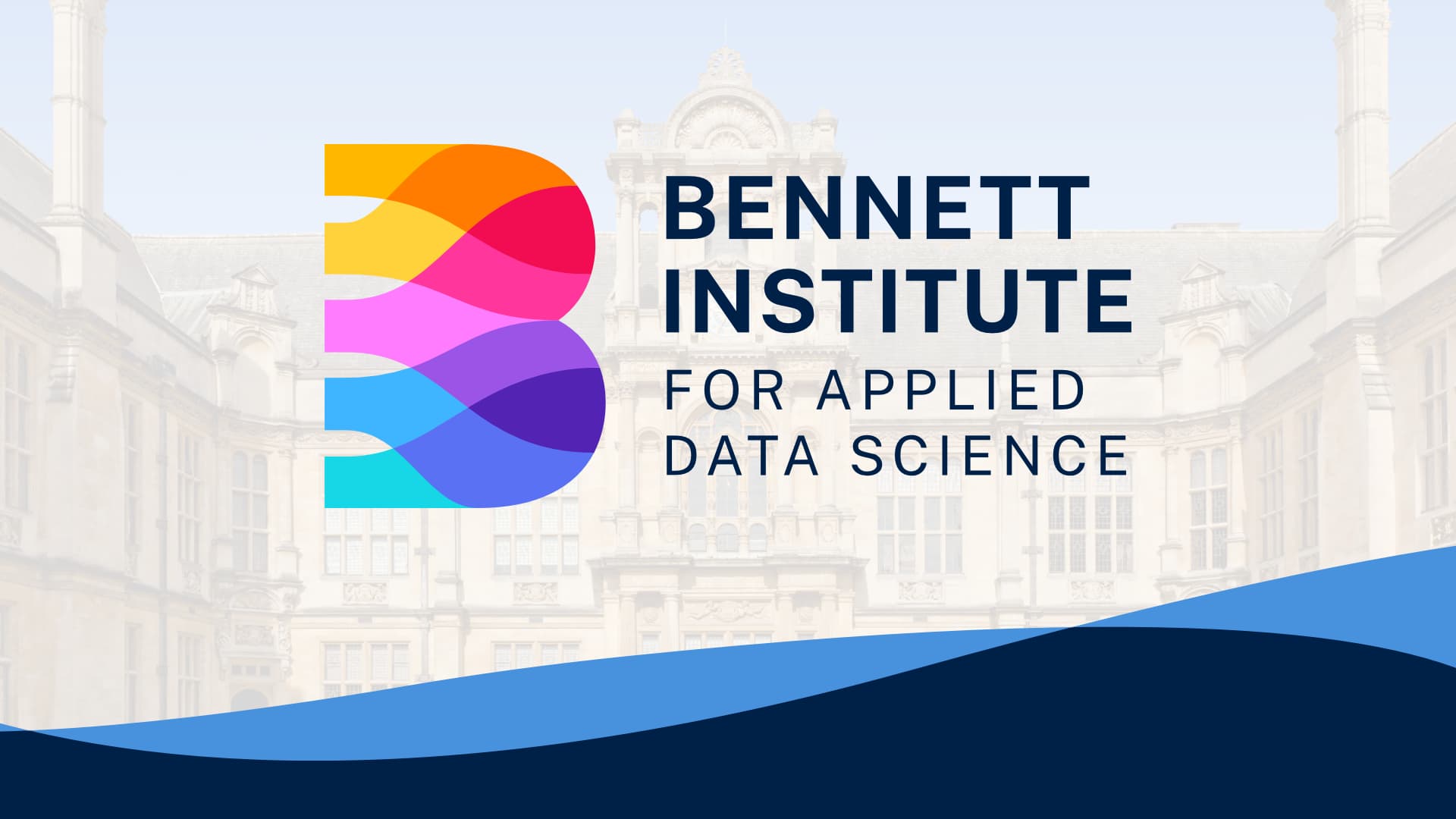
It’s not too late to register for our OpenSAFELY Symposium, which is happening in London on 25/26 November.

We’ve updated the DOAC measure following changes to the NHS England commissioning guidance.

We briefly summarise all the recent big and exciting developments in hospital medicines data.
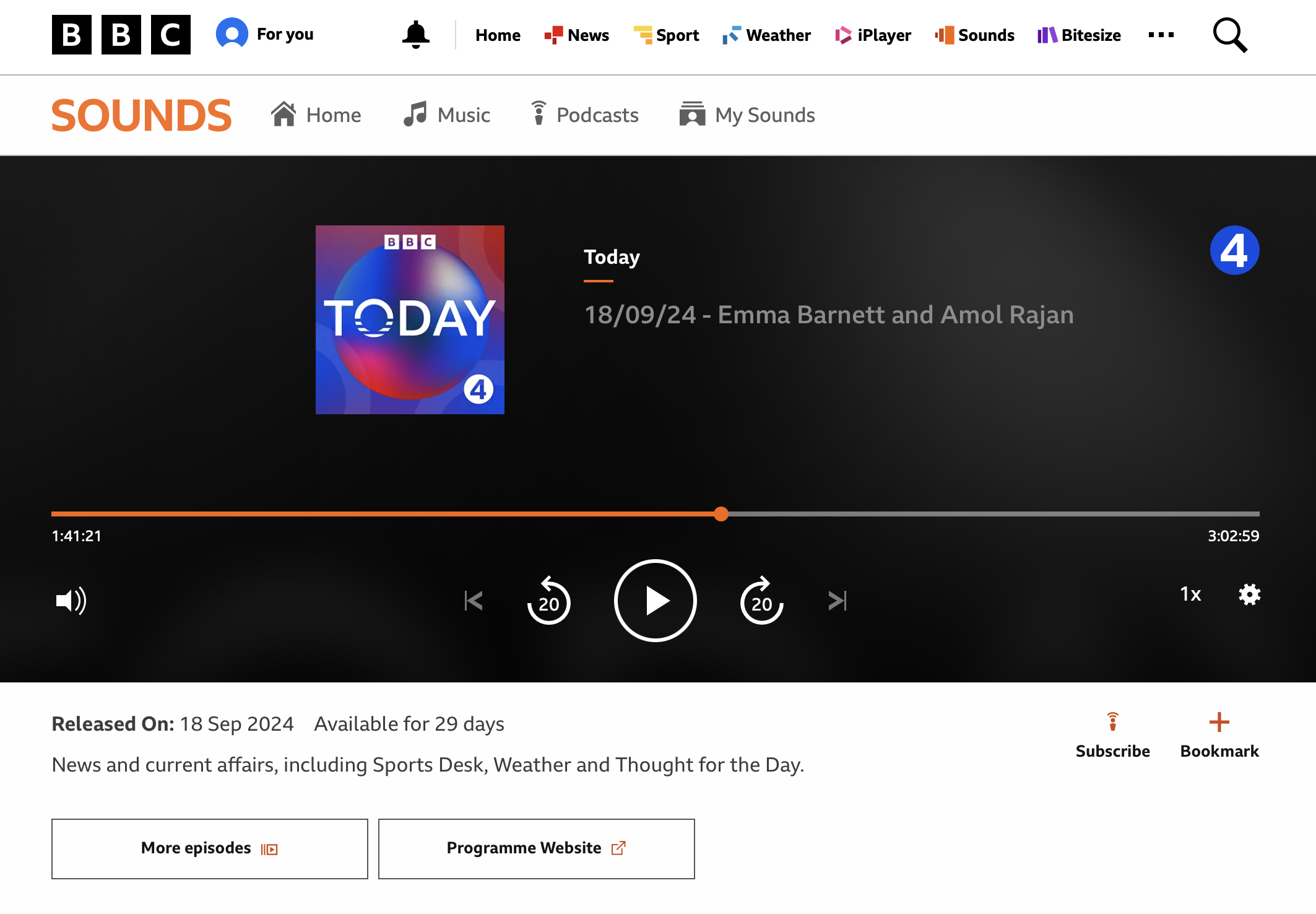
Someone on the radio was musing about using retail data for health - we have some thoughts on that.